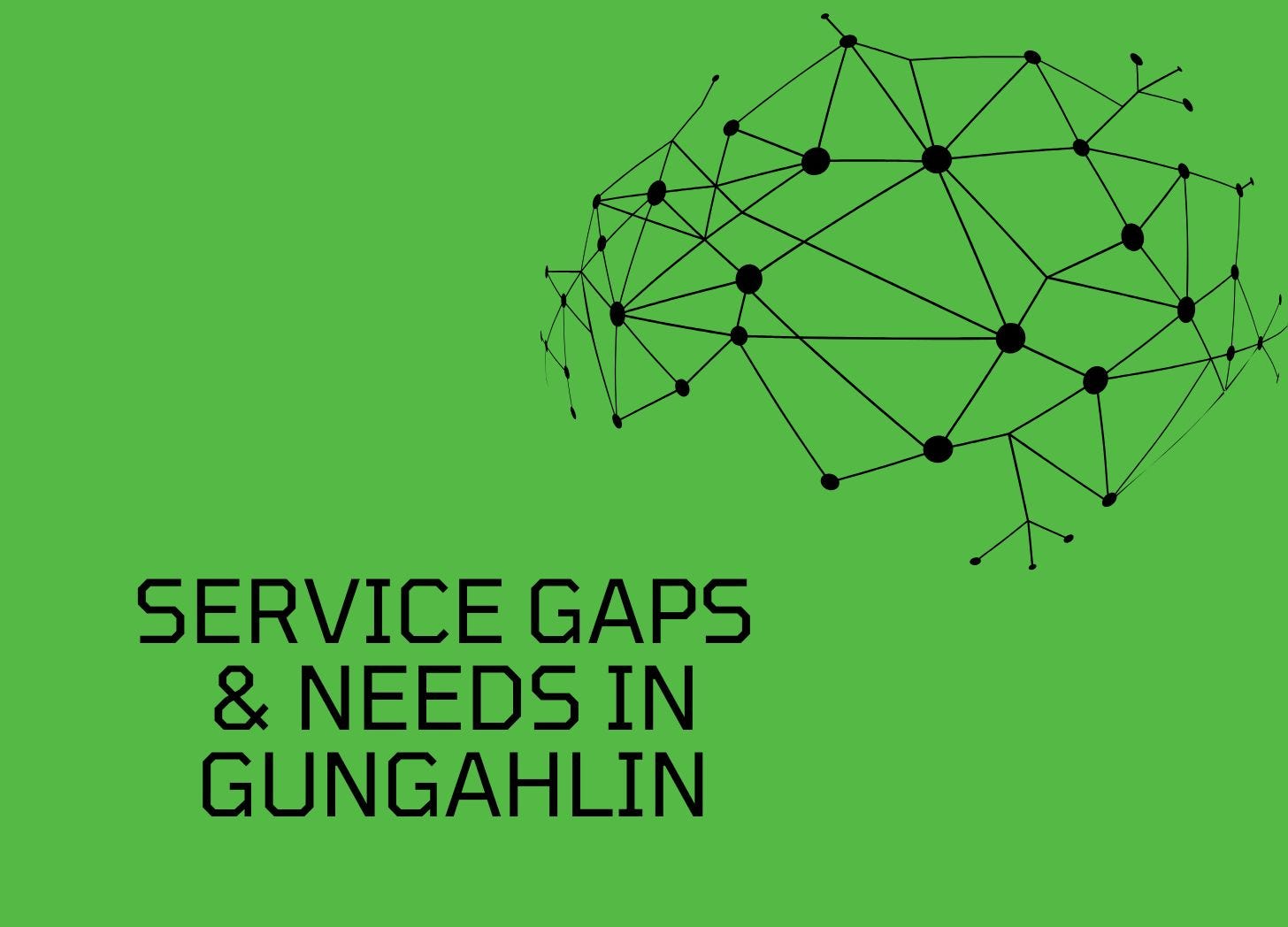Gungahlin, as one of Canberra’s fastest-growing regions, faces several well-documented service gaps and emerging needs for children, youth, and families.
While numerous programs and initiatives are in place, government and community stakeholders have identified areas where services are stretched or insufficient to meet the needs of the expanding and diverse population.
These are the Network Coordinator’s (Inner North and Gungahlin) key priority areas relating to children, young people and families for 2024/2025:
1/ Community Infrastructure & Service Access
Rapid population growth and geographical expansion in Gungahlin have outpaced the development of community infrastructure, particularly youth and family support hubs. This has led to limited access to services, especially for young people and vulnerable families
The absence of a permanent Youth and Community Centre has been a significant gap, though recent investments aim to address this with both interim and permanent facilities.
2/ Service Coordination & Integration
Services in Gungahlin are often described as spread thinly and lacking coordination, making it difficult for families-especially those who are vulnerable or isolated-to navigate and access the full range of supports available.
Improved collaboration and information-sharing between agencies is needed to better support families and to ensure that service delivery is responsive and holistic.
2/ Mental Health & Wellbeing
There is a recognised need for expanded child and youth mental health services. Interim funding has been allocated for programs like MindMap and Stepping Stones, but demand remains high, particularly for early intervention and therapeutic support for children under 12 affected by trauma.
Mental health support for parents and families experiencing emotional or psychological difficulties is available, but capacity and accessibility can be issues as the population grows.
3/ Youth Housing & Homelessness
Young people with complex needs face significant barriers accessing safe and affordable housing. There are limited exit points from the homelessness system, and young people often encounter discrimination in the private rental market, creating bottlenecks and unmet needs
4/ Support for Vulnerable & Isolated Families
Social isolation among parents, particularly those from culturally and linguistically diverse backgrounds, remains a challenge. There is a need for more mechanisms to connect isolated families with schools, community groups, and support services.
Vulnerable families may struggle with processes such as preschool enrolment and may not access early childhood education or playgroups, impacting children’s development and school readiness.
5/ Early Childhood Development & Education
Some children are entering preschool with limited literacy and numeracy skills, and those most at risk are often not accessing early education services.
There is a need for more accessible and targeted early childhood development programs, including routine health and development checks for children under four and support for smooth transitions into school.
6/ Services for Aged-Specific Groups
Gaps exist in services for children aged 8 to 15, particularly in mental health, drug and alcohol support, and youth homelessness services. Large ACT-wide services do not always have a strong local presence in Gungahlin, leading to overstretched local providers.




